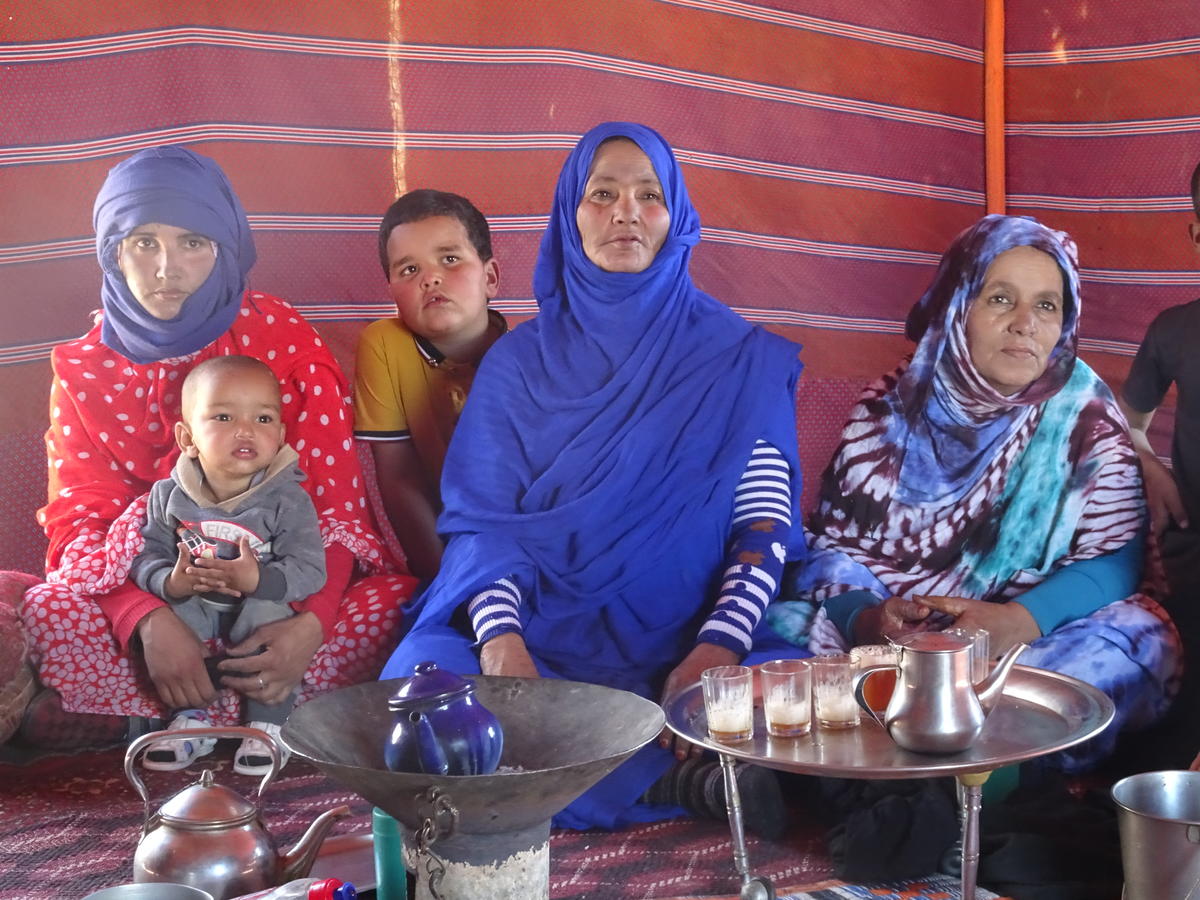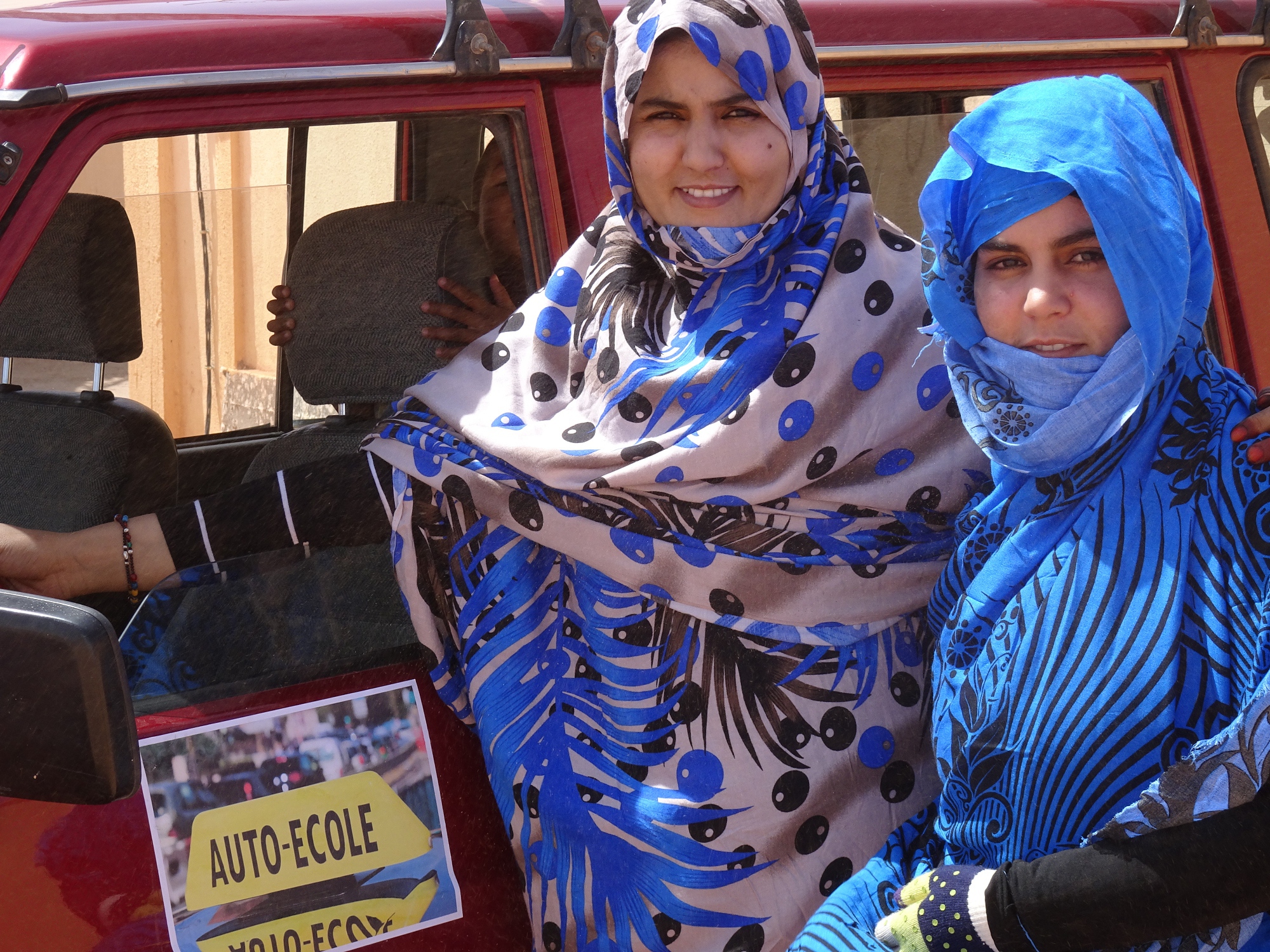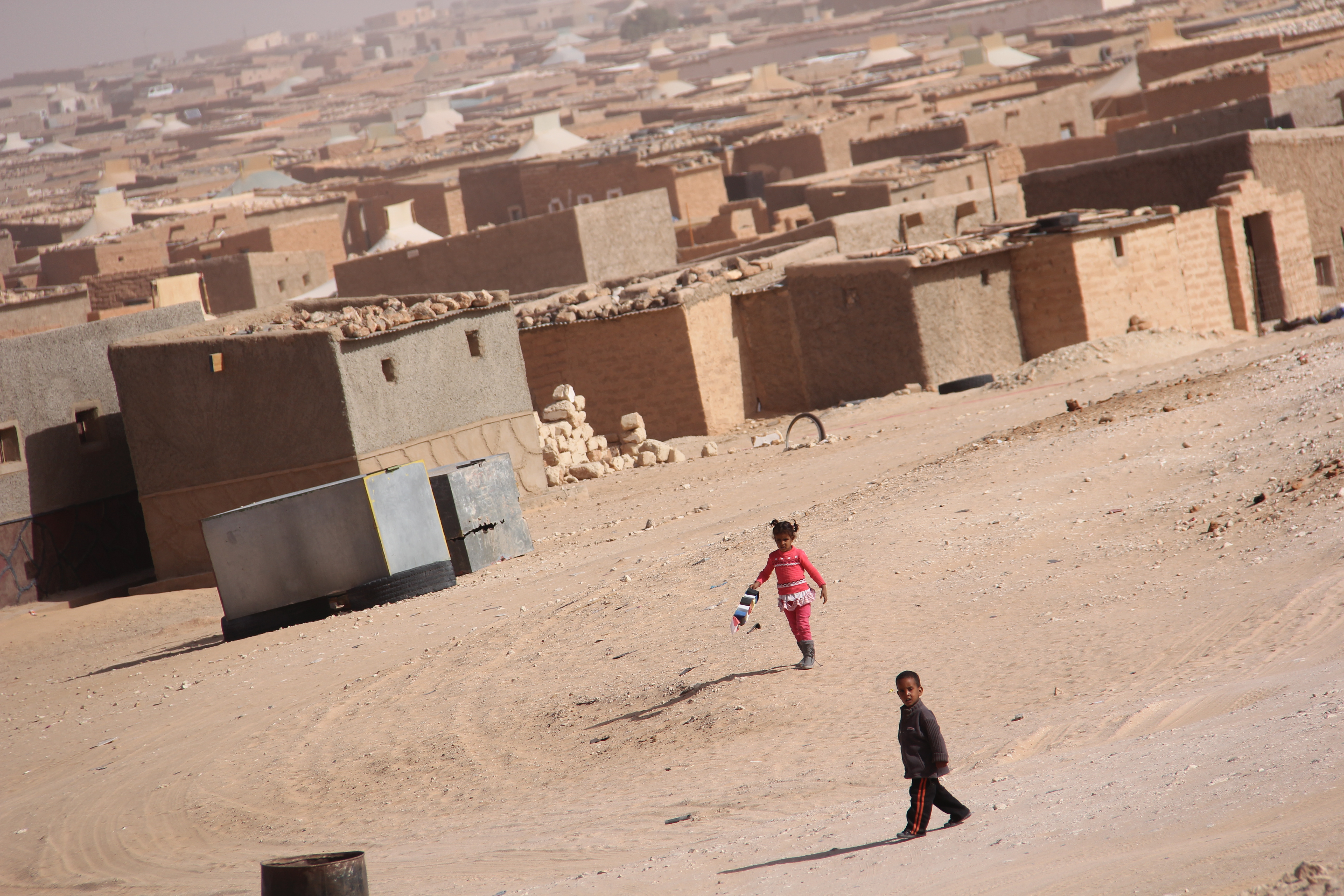Western Sahara: family visits continue
Western Sahara: family visits continue
Twenty-four more Saharan refugees are expected to fly early this afternoon from the camps located near the remote southern Algerian town of Tindouf to Laayoune, in Western Sahara. Earlier this morning, 23 residents of Laayoune took off in a United Nations Antonov-26 plane bound for Tindouf to visit their refugee relatives in the camps for the next five days. This is the second round of family visits since we launched the initiative a week ago establishing the first face-to-face contacts between refugees and their relatives in the Territory in almost 30 years.
Among the 47 persons travelling today, the youngest refugee is four years old, while the oldest is 72. The family visit initiative has been embraced by the refugees in Tindouf as well as residents of the Territory. Already more than 1,400 people have asked to join the weekly flights, which will continue to operate to Laayoune until the end of this month, when we'll shift the operation in the Territory to Dakha city. We will eventually arrange flights to Smara and Boujdour cities as well in the months to come so that residents of those communities also get to meet relatives residing in the five camps located in the desert around Tindouf.
UNHCR staff and medical personnel from the UN Mission for the Referendum in Western Sahara (MINURSO) accompany the participants on the flights. UNHCR staff also undertake monitoring visits during the five-day visits at both locations to check on how the participants are getting on. Refugees are given a small stipend of $30 each, or up to $150 per family to cover basic expenses.
We are very pleased at the way the operation is working, particularly with the way the Algerian and Moroccan authorities and the Polisario movement have cooperated to make this happen. For the Western Saharans - of whom 40 took part in the operation last week, including 21 from the isolated camps - the opportunity to see their parents or spouses for the first time in nearly three decades has been particularly moving. For the time being we're asking participants to keep their visits to the agreed-upon five days, but down the road we will try to accommodate individual family situations and perhaps exceptionally allow the extension of stays for humanitarian reasons, particularly once there is less pressure on the limited number of places on the aircraft.
This operation is motivated by our desire to re-establish contacts among long-separated people, not to find a political solution to the situation. The initiative follows on the restoration of telephone links between the camps and Western Sahara that took place last January. We hope to start a mail service once we have appropriate assurances on the confidentiality of the mail and the neutrality of the operating service.






